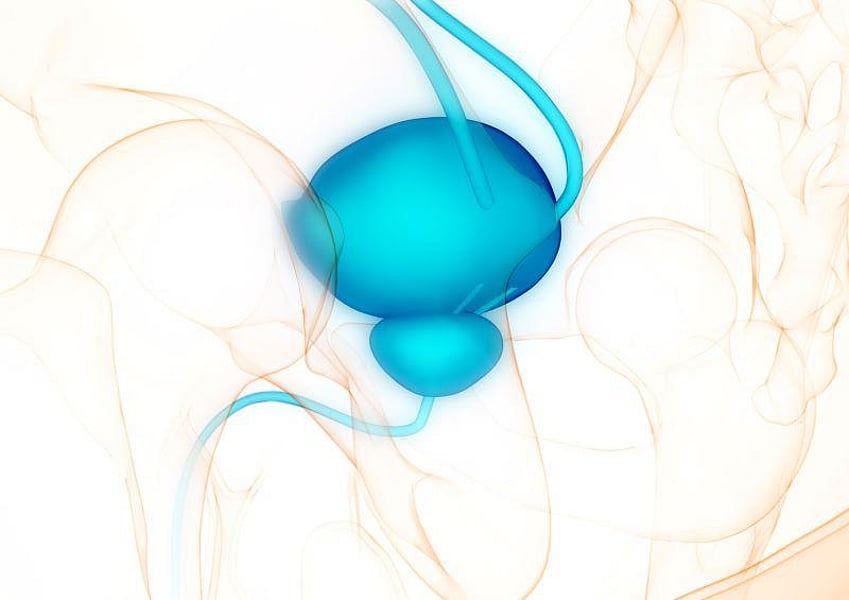Prostate Cancer Biopsy, Diagnoses Down During the Pandemic

MONDAY, April 11, 2022 (HealthDay News) -- Prostate biopsy and prostate cancer (PC) diagnosis rates decreased during the COVID-19 pandemic among U.S. veterans, according to a study published online April 7 in JAMA Oncology.
Zachary Klaassen, M.D., from Augusta University in Georgia, and colleagues examined the impact of the pandemic on prostate biopsy and PC diagnosis rates among Black and White patients in the Veterans Affairs Health Care System (VAHCS). The analysis included all prostate biopsies performed on patients in the VAHCS without a preexisting PC diagnosis between January 2018 and March 2021.
The researchers found that prior to the pandemic, monthly biopsy numbers ranged between 1,230 and 1,695, of which 56 to 60 percent of results were positive for PC. Between March 2020 and March 2021, the estimated number of missed PC diagnoses ranged from 97 cases (October 2020: 752 cases expected and 655 cases observed) to 573 cases (April 2020: 794 cases expected and 221 cases observed). Biopsy rates were statistically significantly higher among Black versus White men prior to the pandemic (incidence rate ratio, 2.25), and there was no change in biopsy rates associated with race either at the onset of the pandemic or during the recovery period from March 2020 to March 2021. Similar trends were seen for PC diagnosis rates.
"With COVID-19 variant strains, it is possible that continued ongoing delays in PC screening may occur," the authors write.
Related Posts
Severity of Sleep Apnea and Related Hypoxia Tied to Cancer
THURSDAY, Sept. 15, 2022 (HealthDay News) -- Oxygen deprivation resulting from...
Diverticulitis Case Severity Increased Early in Pandemic
FRIDAY, Oct. 21, 2022 (HealthDay News) -- During the pandemic, surgical volumes...
Being Born Through Fertility Treatments Won’t Affect Your Own Pregnancies, Study Finds
MONDAY, April 3, 2023 (HealthDay News) -- New research finds that children born...
‘Secure Attachment Style’: Parents, Here’s What to Know
WEDNESDAY, May 24, 2023 (HealthDay News) -- Picture this: A child running...
